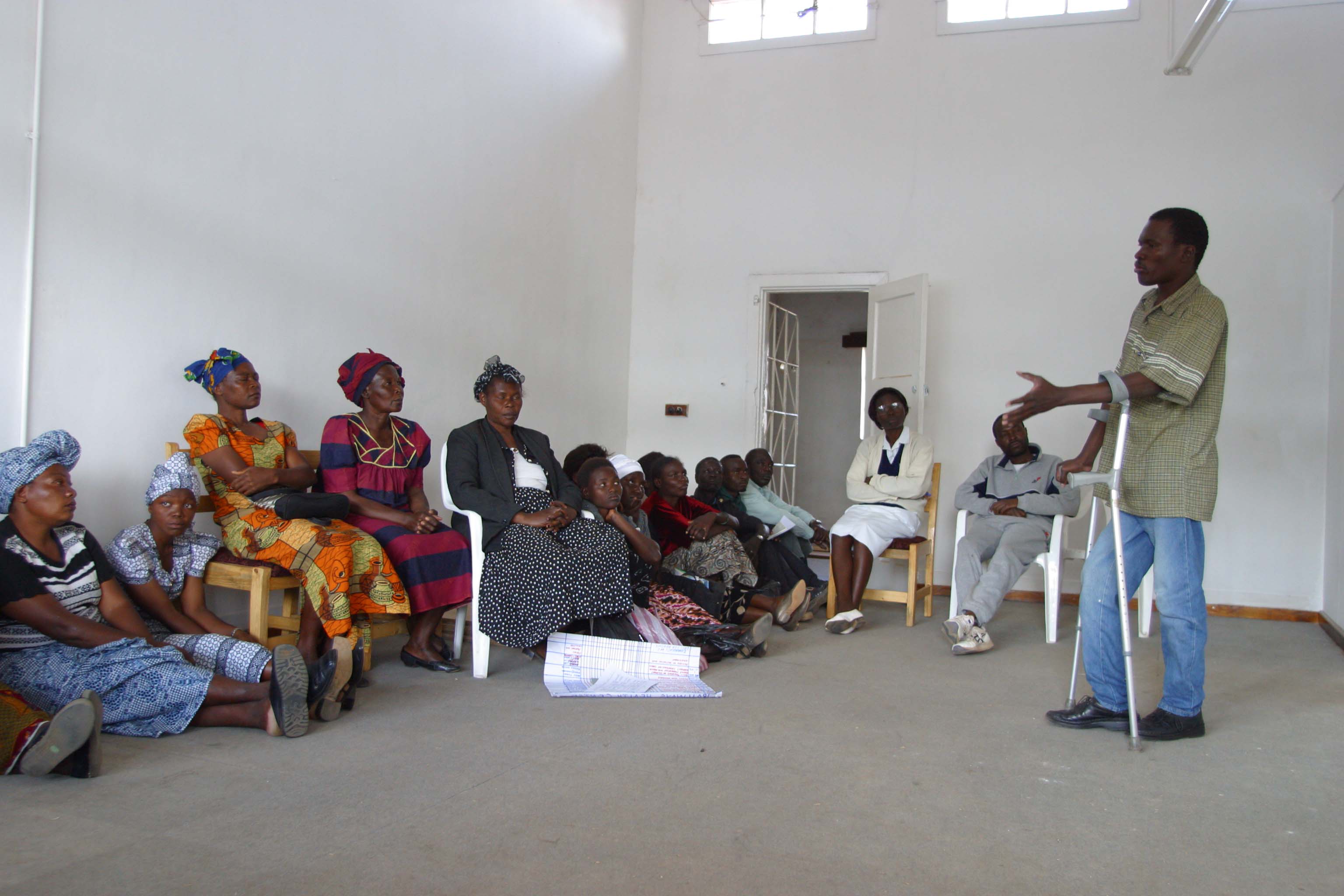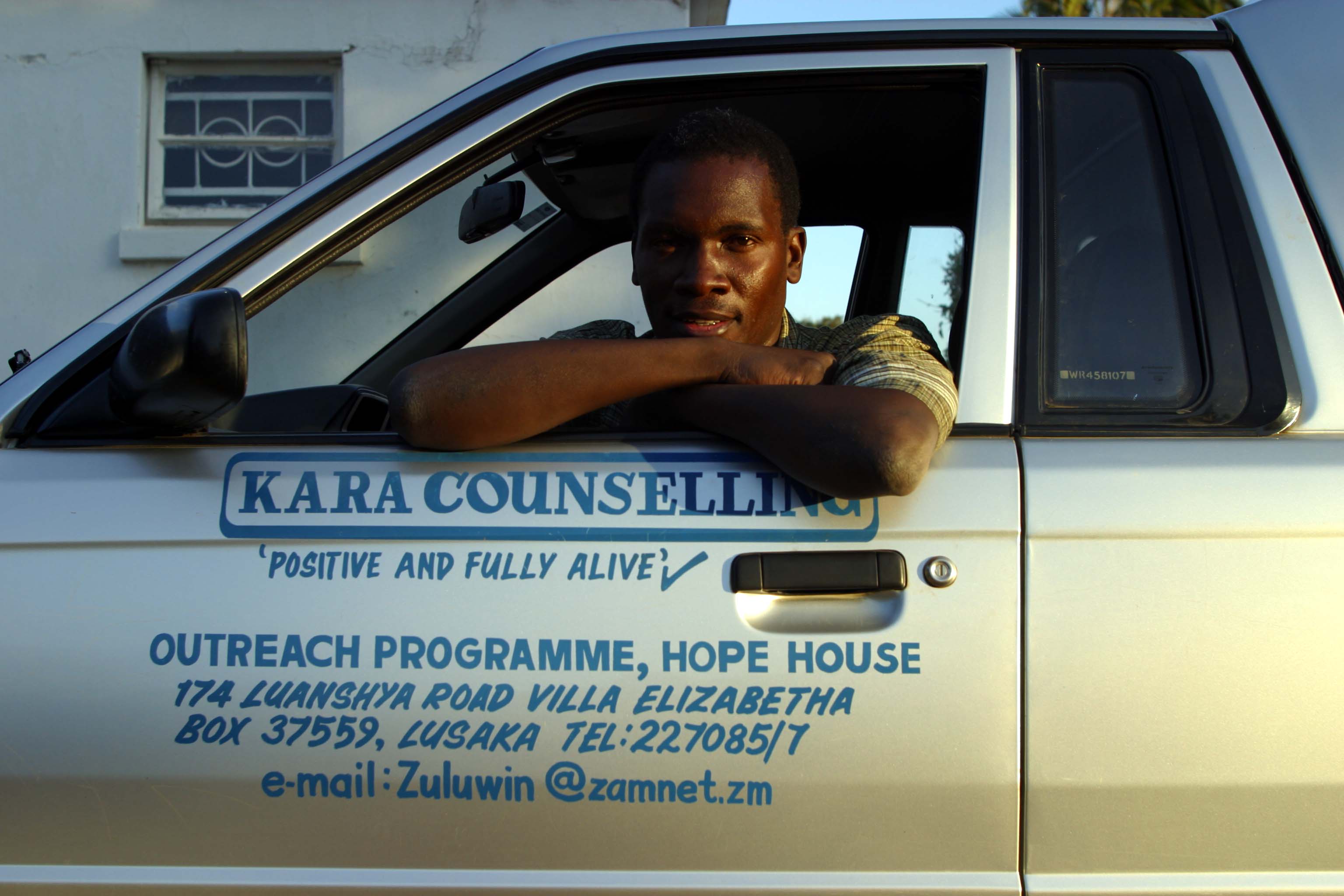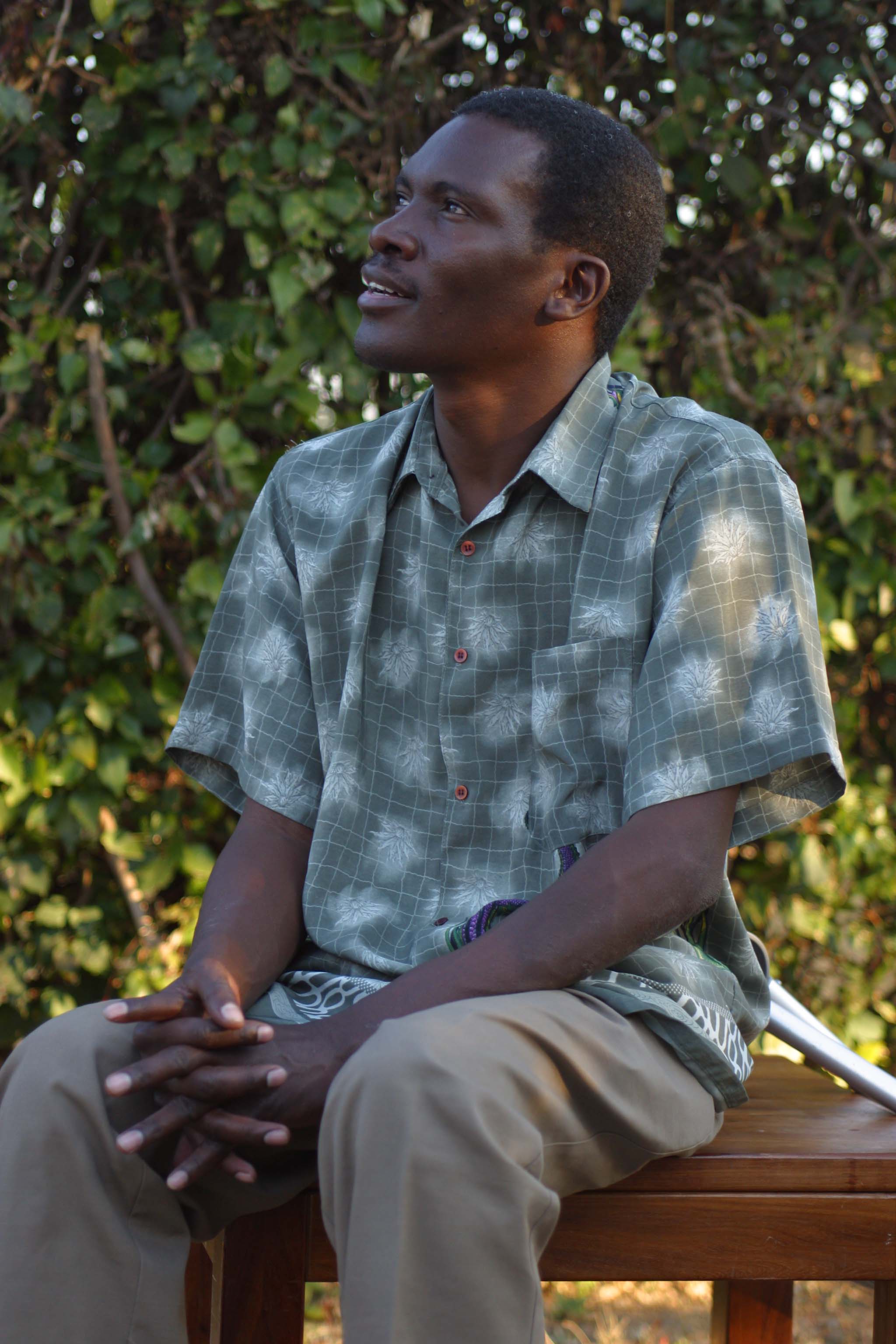Today, the global health community mourns the loss of Winstone Zulu, an immeasurably brave and tireless advocate for access to medicines and the development of new technologies for HIV and neglected diseases. After living with AIDS for more than two decades and surviving HIV-TB coinfection, Winstone passed early this morning.
Winstone’s story is nothing less than heroic, as well as a poignant reflection of the importance of global health advocacy itself. Originally from Zambia, Winstone may be best known for being the first man in Southern Africa to publicly acknowledge his HIV status; he did so in 1998. Amid the intense stigma associated with the disease and the proliferation of AIDS denial among local political leaders, such an act was quite courageous. While, this proclamation marked the beginning of his journey as one of the most visible and influential community advocates for AIDS and TB related causes, it would be a winding road to becoming a defining voice for access to treatments and the development of new and better ones.

Winstone began taking antiretrovirals in 1997. A few years later he was appointed to South African President Thabo Mbeki’s AIDS Advisory Panel – the only non-scientist included. At this point, the AIDS dissidence debate was raging and Mbeki’s continuous engagement with the dissidents convinced Winstone to become a dissident himself. In early 2000, Winstone stopped taking his ARVS. Over the next two years, however, he became further empowered and educated through his own experiences and interactions, emerging from the haze of denial and turning his pursuits toward ensuring others don’t fall for its lure. Instead of denying the science of treatment, Winstone would come to be known as one if its biggest advocates.

In a profound way, Winstone’s bout with denial gives insight toward why those most intimately and crushingly impacted by a problem are often least willing to acknowledge its reality. “I really wanted them to be right,” he was quoted as saying. Indeed, the temptation to ignore your biggest obstacles can be powerful. It can be argued that this behavior defines the prevailing political attitudes toward the global health crisis today.
Since resuming ARV-therapy in 2002, Winstone made up for lost time, appearing at countless events to raise HIV and TB awareness. Here at the TB Alliance, we had the pleasure of collaborating with Winstone on several occasions. Winstone dedicated himself to speaking at events and meetings on behalf of the TB Alliance’s cause and granted us permission to further tell his story. Winstone lived his life as an HIV and TB survivor publicly as a powerful refutation of the stigma associated with such sickness, and in doing so he was an inspiration to countless patients and advocates around the world. But, living your sickness publicly is not always comfortable, and therefore, one can say that he sacrificed some of his dignity and comfort to preserve that of others.

Over the past decade-plus, the field of HIV-treatment has seen tremendous advances, with increased access to treatment. The field of TB R&D has been awakened, with vigor, from a 40-year hibernation. Winstone’s story shows us, too, that while confronting your threats and fears may be difficult, doing so is the first step in combatting them and on the road to progress. The visibility of community advocates are an important element to a sustained progressive global health agenda. Winstone knew this and empowered others to make a difference.
Our condolences go out to Winstone’s friends and family. Those of us who got to work with him consider ourselves lucky. While some in the global health field will casually refer to “giving their life” to a cause, it is people like Winstone who make the ultimate sacrifice. Our commitment is to carry on their legacies.

